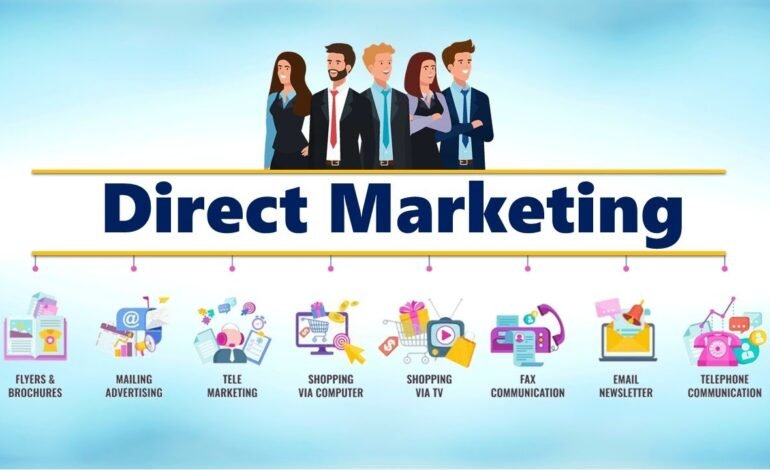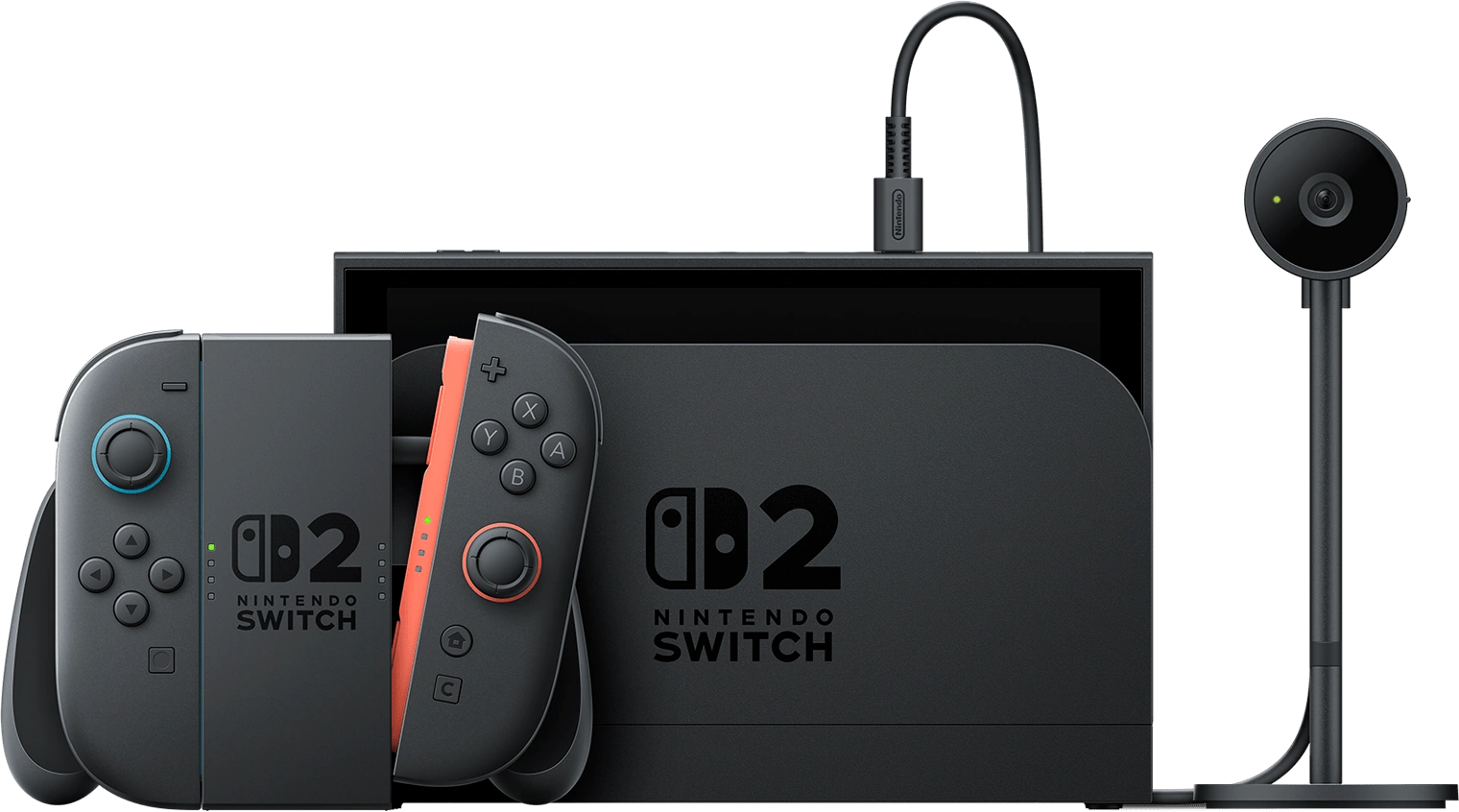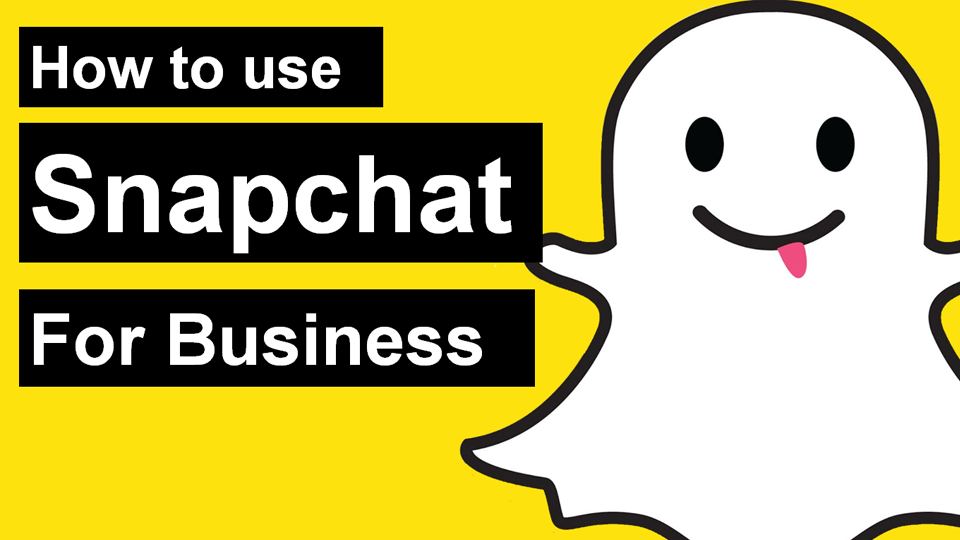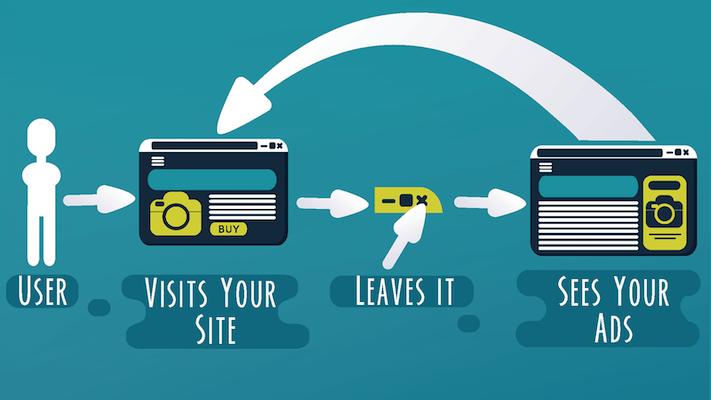What are Facebook chatbots?
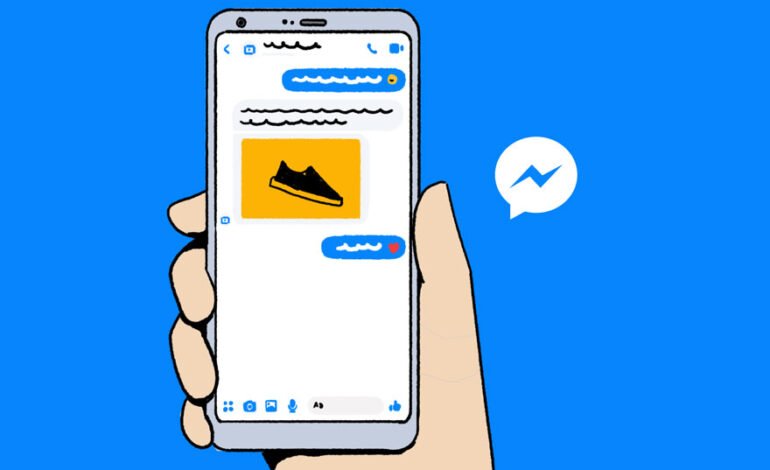
Facebook chatbots are a great example of one of the most promising trends in marketing today: artificial intelligence. If you use them wisely, it will open up a lot of doors for you to interact with customers and increase your conversions.
Facebook Messenger has been one of the first platforms to incorporate this type of solution, but there are still many brands that have not learned about its advantages. Let’s take a look at what exactly Facebook chatbots are, what they can bring to your brand, and how to create your own.
What is a Facebook chatbot, and why do you need it?
Let’s start at the beginning: what is a chatbot?
Chatbots are artificial intelligence programs that are capable of having a conversation with a human being, answering their question, and making relevant suggestions. This type of software has been around for years, but its degree of sophistication and integration with other tools is increasing.
In the case of Facebook, chatbots are integrated within the Messenger tool: users can talk to these software solutions just as they would d their friends. Depending on the type of company in question, different functionalities can be programmed: order a bouquet for a friend, order a pizza, ask about suit recommendations or beauty tips, or receive the news of the day filtered according to the user’s interests, among many other examples. In case a human intervention is necessary, the chatbot can detect it and alert a customer service agent.
For businesses, Facebook chatbots offer multiple advantages:
- They allow you to connect with users in one of the media they use the most. Messaging apps are ultra-popular among users, who prefer them to other means of communication, such as email. According to data from Facebook, 80% of adults and 91% of teens use messaging apps daily, and 63% of them use them more than they did two years ago. It is a medium that occupies a central role in the lives of users and is here to stay.
- Within this type of tool, Messenger is the most popular: with 1300 million active users per month, its success surpasses WhatsApp. This is largely because it feeds on the star social network, Facebook.
- They give the possibility of serving thousands of customers at the same time. Once programmed, Facebook chatbots can execute many conversations simultaneously. This makes it possible to detach customer service from the capacity of the staff and offer unlimited service 24 hours a day.
- They are one of the most effective ways to attract the audience’s attention and achieve conversions. Messenger marketing can have open rates of more than 90% and click-through rates of about 35-40%, figures that far beat email marketing. In addition, 53% of users say they would buy from a company they could send messages to.
- They improve personalization in customer service. With chatbots, it’s easy to tailor each user’s experience based on their preferences or previous actions. In addition, users are more comfortable with this medium: 56% prefer to use a channel like Messenger rather than call customer service (Facebook figures).
How do Facebook chatbots affect your marketing?
If you decide to use Facebook chatbots, you will be able to interact with users in a much more direct and personalized way. This means that you can (and should) rethink several key aspects of your marketing. These four suggestions will help you start the paradigm shift.
1) Dig deeper into interactions
Normally, we measure the degree of user engagement through clicks, for example, views of a video or likes. But with chatbots, we can radically rethink this concept.
When engaging with a chatbot, users take a much more active role. For example, to promote the premiere of the Zootopia movie, Disney launched a chatbot of one of the protagonists that encouraged users to live their own story. The engagement results were spectacular, as users spent more than 10 minutes chatting with the character and even repeated looking for different endings.
The implication for brands is that we can aspire to generate a memorable experience, a deep understanding of the brand, and the positive emotions associated with it, much more effectively than with conventional advertising.
2) Expand your market research
Since users engage with chatbots in a relaxed, conversational environment, chatbots may ask questions that would be too intrusive on other channels, such as what music they like or what their ideal trip would be.
These questions not only give a closer touch to the conversation, but also allow us to obtain information for future interactions and expand our knowledge of the user. So the next time you propose a market study, don’t forget about Facebook chatbots!
3) Customize, Personalize, Personalize
Personalization is a key element of digital marketing: programmatic ads, remarketing, segmented emails… But never before have we had a channel with so many possibilities to offer a unique experience.
Chatbots allow you to personalize interactions for each user they interact with. As we have seen in the previous point, chatbots can ask the user questions and use their answers to offer them highly personalized answers and content. In this way, customer satisfaction will be much higher.
4) Play with the brand’s personality
The most successful brands are those that manage to conquer users through their personality and values. Normally, this manifests itself in a unidirectional way, that is, the brand adapts its communications to convey a certain image. But with chatbots, we can create playable characters that represent the brand’s style and values in the “flesh.”
Depending on the type of programmed responses, a chatbot can be perceived as funny, serious, daring, polite, eccentric… The name and images used can also say a lot about you. In short, dare to experiment!
5 tools to create your chatbots
Today, you don’t need advanced programming skills to create Facebook chatbots from scratch. There are several tools on the market that will allow you to create your chatbot and customize its responses. These five are recommended by the Planeta Chatbot website:
- Api.ai. This tool allows you to schedule interactions with users based on keywords, as well as schedule predetermined responses when the user “goes off script.” With its testing section, you’ll be able to see how your chatbot works before launching it.
- Botsify. It is divided into two main sections: design (to create welcome texts, buttons, and patterns for messages) and development (to transform messages into interactions).
- Manychat. Requires registration through the Brand Page admin’s Facebook account. It has a very simple interface and allows you to create simple bots in a short time.
- Botsociety. It has a mobile screen preview (to understand how it will look in real life) and allows you to program messages with images and buttons.
- Wit.ai. A tool aimed at people with certain programming skills, which offers the possibility of creating more natural and flexible bots. The bot’s responses include functions, variables, and commands, and the conversation can be saved in the form of an API.

